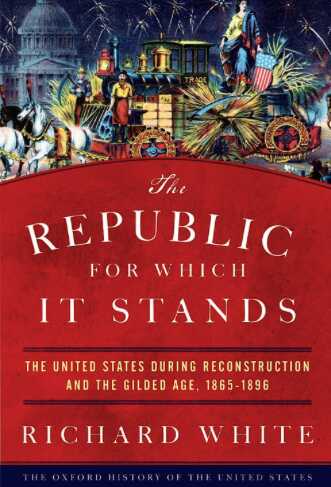Шрифт:
-
+
Закладка:
Сделать
Перейти на страницу:
В конце Гражданской войны лидеры и граждане победившего Севера представляли себе будущее страны как республику свободного труда с однородным населением, как черным, так и белым. Юг и Запад должны были быть перестроены по образу и подобию Севера. Единство, которое якобы обеспечила Гражданская война, оказалось эфемерным.
Перейти на страницу:
Еще книги автора «Unknown Author»:





